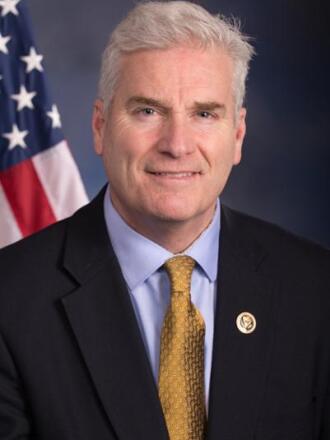ST. PAUL — U.S. Sen. Tina Smith held a press conference at the Minnesota Capitol on Wednesday, May 28, voicing concerns about President Donald Trump’s “One Big Beautiful Bill” that she said there is “nothing beautiful about.”
The U.S. House passed the on May 22, and it now heads to the Senate. As passed by the House, the bill includes provisions of the 2017 Tax Cuts and Jobs Act, including adjusted income tax deductions and increasing the state and local tax (SALT) deduction cap.
ADVERTISEMENT
It also allocates additional funding for defense spending, scales back clean-energy tax credits from the Inflation Reduction Act, and includes reductions in government spending, particularly on programs like Medicaid and the Supplemental Nutrition Assistance Program (SNAP).
“Let’s be clear, there is nothing beautiful about this bill,” Smith said. “It’s the largest rollback in health care in American history, and it will raise health care costs for the very people who are struggling to afford their lives and hold it together.”
Budget reconciliation bills require a simple majority, so to pass the Senate, it would need 51 votes or 50 with the vote of Vice President JD Vance. Smith said Wednesday that she has gotten feedback from some of her Republican colleagues that “they see some problems with this legislation.”
Other members of Minnesota’s congressional delegation have shown support for the bill. Majority Whip Tom Emmer, R-MN6, said in a statement following passage May 22 that House Republicans delivered “historic America first policy.”

“Not only does our ‘One Big Beautiful Bill’ include the largest reduction in mandatory spending in history and bring out-of-control government programs to account, it also allows President Trump to continue his essential border security and deportation operations and creates a pro-growth tax code that prioritizes the working class,” Emmer said.
Smith said Wednesday that the federal budget reconciliation bill would shift costs to state budgets. The Minnesota Legislature has yet to pass a full budget, and is facing a potential $6 billion deficit by 2028, with roughly over four years.
“You didn’t vote to shift a bunch of costs onto Minnesota taxpayers, which is going to make it a lot harder for the folks upstairs to balance the budgets, as they’re trying to do right now,” Smith said.
ADVERTISEMENT












